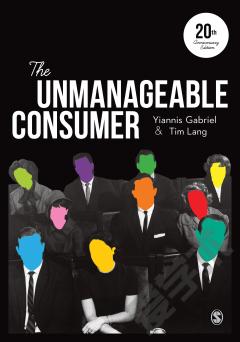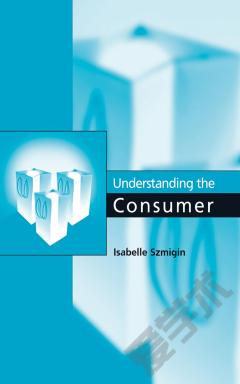Consumer Behavior
This book introduces concepts of corporate environmental responsibility and individual environmental responsibility, identify their key indicants, and offer evidence of robust relationships between them. Using correspondence analysis, kitchen purchase behavior among families is assessed. In addition, consumer behavior, when it comes to food safety events, is examined. Understanding how consumers conceptualize food safety risks is essential for effective strategic response plans. Furthermore, following the theory of planned behavior, this book attempts to account for variables which are assumed to have an impact on sustainable consumption.Empirical research published in peer reviewed journals on the topic of consumers and health-related products on the Internet are reviewed. In addition, a new theory of evolutionary games and the concept of Near-Nash equilibrium to simulate the electricity market is suggested. In particular, an opportune genetic algorithm has been developed. As an example of medical-information consumers, the associations between feeling informed about COPD (chronic obstructive pulmonary disease) and the control of COPD is reviewed. Furthermore, biased consumers' hypotheses on price-quality relationships is addressed. In other words, in terms of the psychology of judgment, certain results can be attributed to an effect caused by a numeral anchor (on the price tag).This book examines consumer acceptance of Mobile learning (M-learning) by proposing and extending the theory of reasoned action (TRA) including the variable of social influences. Literature related to the emerging concept of cost-benefit-associations are also reviewed. Cost-benefit-associations are the degree to which thoughts of costs evoke thoughts of benefits and vice versa. Finally, a model interrelating consumers' ethics, their sentiments toward marketing, and their attitudes to piracy and actual piracy itself were studied. Attitudes about piracy served as a partial mediator of the impacts of consumer sentiments, morals, and ethics on actual piracy.
{{comment.content}}








 京公网安备 11010802027623号
京公网安备 11010802027623号